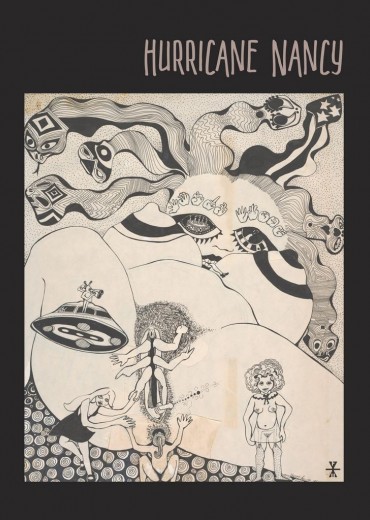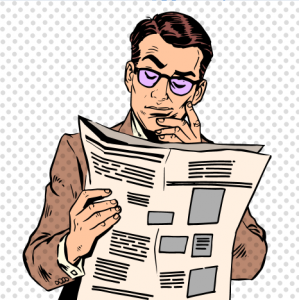Précommander
Langue
EN
Numéro ISBN
9781683969839
Éditeur
FANTAGRAPHICS UNDERGROUND
Scenario
Nancy Burton
Dessin
Nancy Burton
Poids
62
Cover artiest
Nancy Burton
Délai de livraison
Précommande
Diamond Code
0424FU420
Date limité de precommande
2024-05-05
Date de parution
05-06-2024
HURRICANE NANCY TP disponible à partir du
05 mai
Laissez-nous votre adresse électronique. Un mail vous sera envoyé dès que le produit est de nouveau disponible.
Plus d'infos
'Nancy Burton was among the earliest underground cartoonists, creating comic strips that appeared in The East Village Other (“Gentle’s Tripout”) and Gothic Blimp Works (Busy Boxes”) in 1966. Under the pen names “Panzika” and “Nancy Kalish” and most importantly, “Hurricane Nancy,” she contributed to many notable underground comix including It Ain’t Me, Babe. Drawing on abstract expressionism, art nouveau and formline art, working in parallel to the psychedelic art movement and outsider artists like Consuelo “Chelo” Amezcua, Burton’s comics feature birds and people, dreamlike landscapes, and psychedelic imagery that grows darker as the 1960s come to a close, reflecting the darkening mood of the era and her uniquely personal vision of the world. Burton stopped making art in the early 1970s and seemed to disappear, having met few cartoonists during her short tenure but making an impression on many with her unique psychedelic approach. In 2009 she began drawing again, posting artwork online without explanation and though many aspects of her work had changed, it remained indelibly her own. Hurricane Nancy is the first collection of Burton’s work ever published and reprints many of her comics and drawings from that politically tumultuous and creatively fecund period of American culture in addition to her more recent work. In an exclusive interview, Burton talks about her travels and influences, the origins of her pen names, close encounters with Timothy Leary and the Grateful Dead, the Monterey Pop Festival and the Summer of Love, and explains for the first time why she not just abandoned comics in the early ‘70s, but stopped making art entirely.'
 HURRICANE NANCY TP
HURRICANE NANCY TP Avis
tentez de gagner un chèque cadeau d'une valeur de €5 Rédiger un avis

